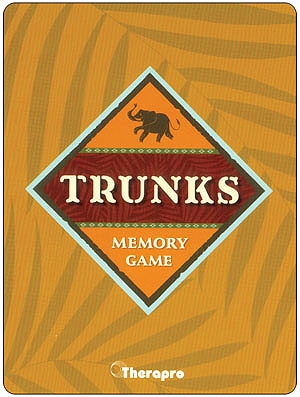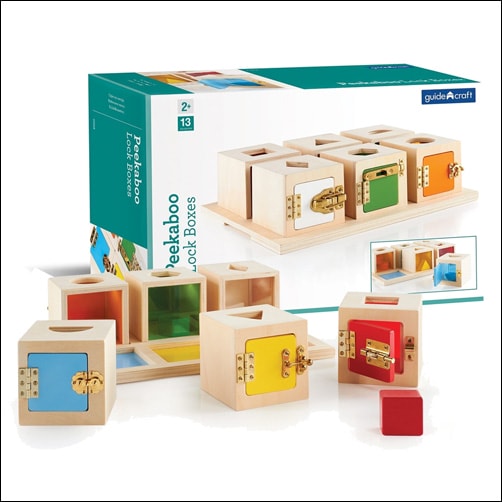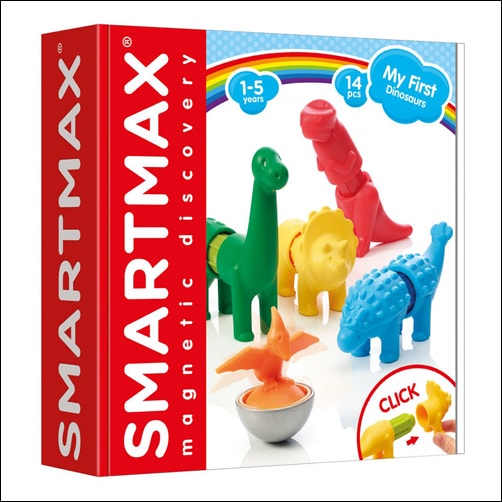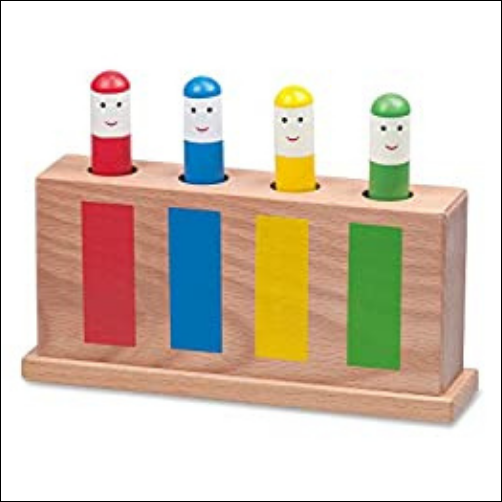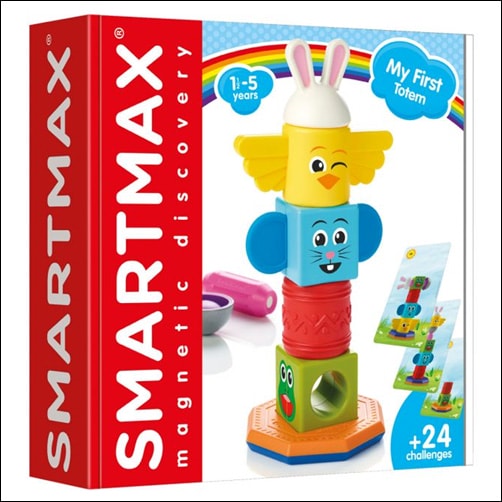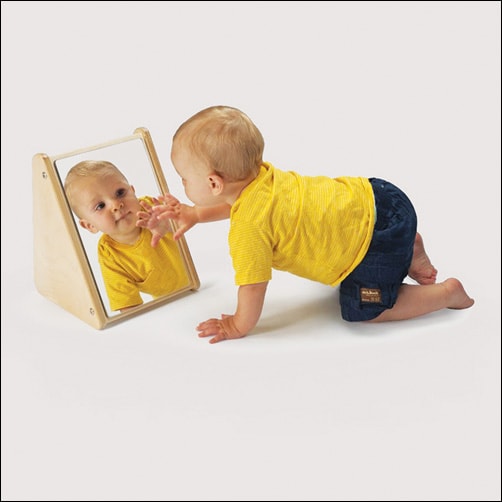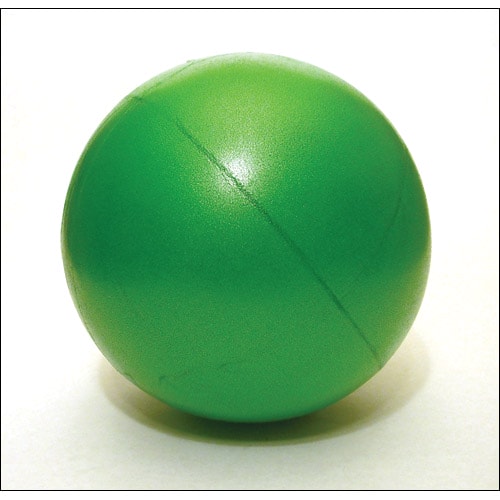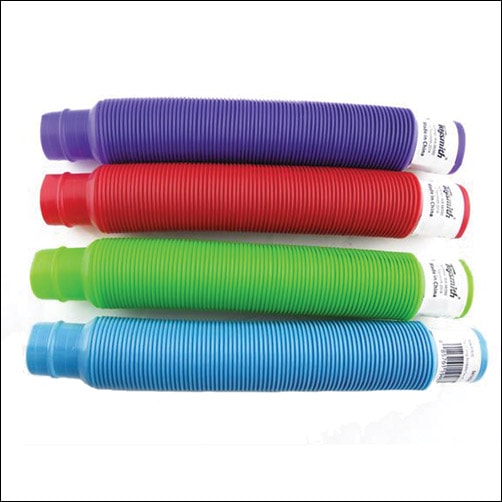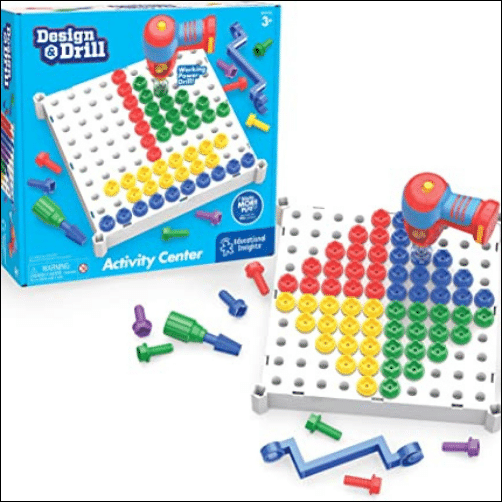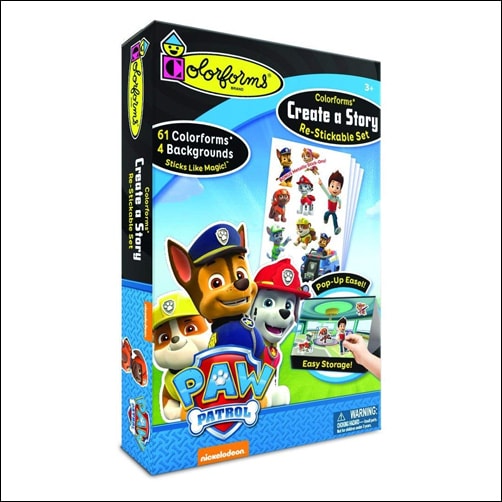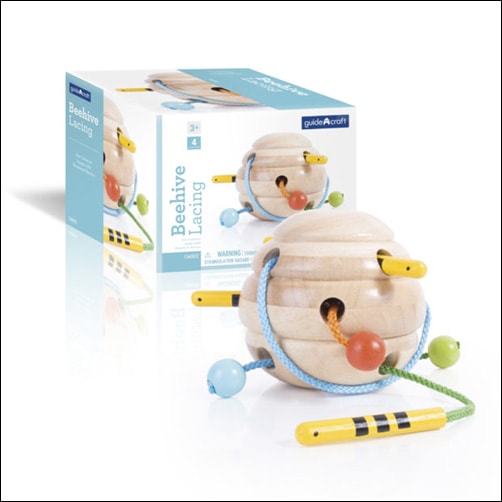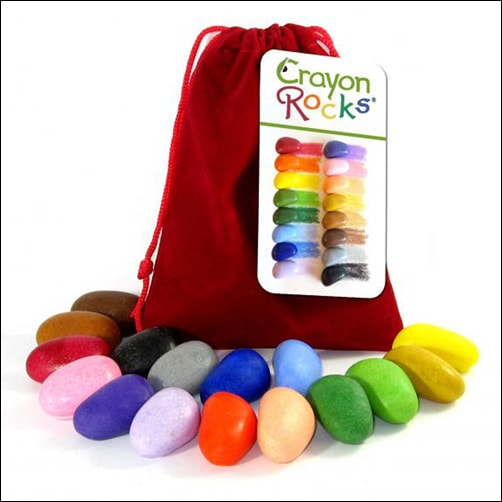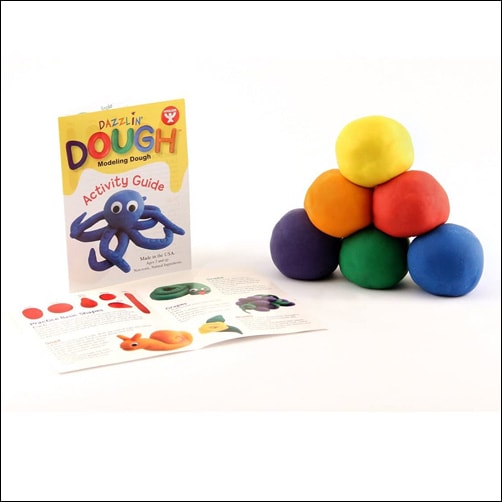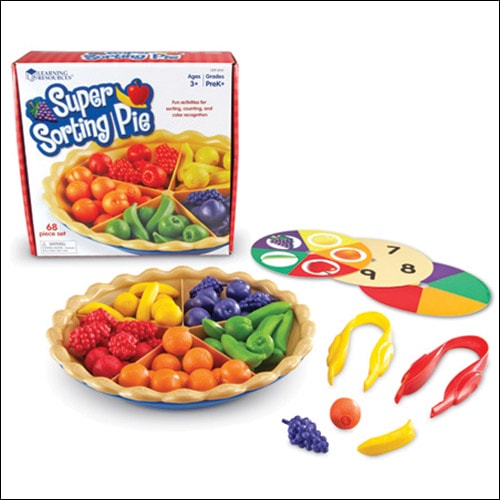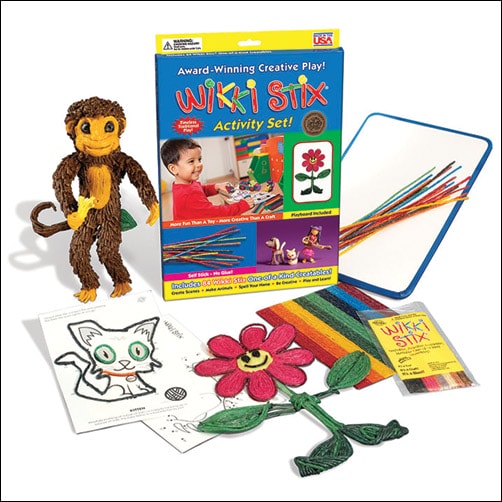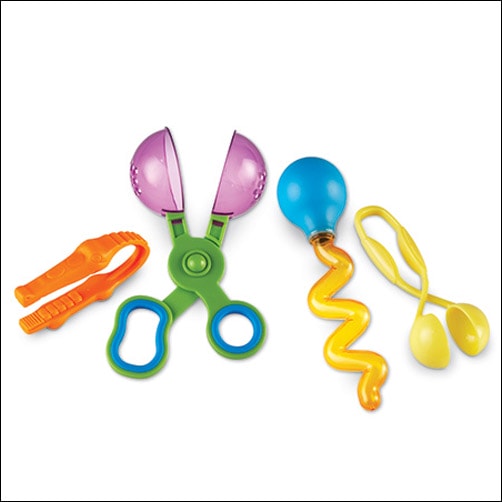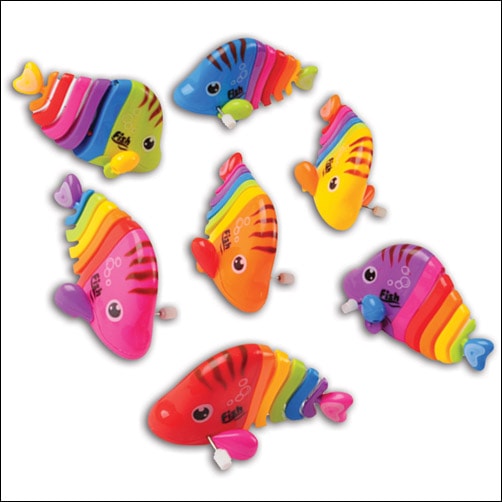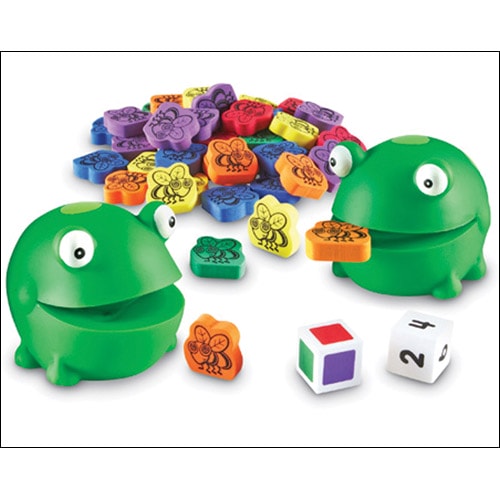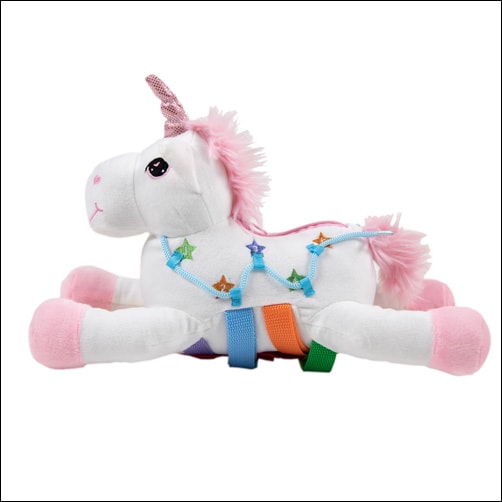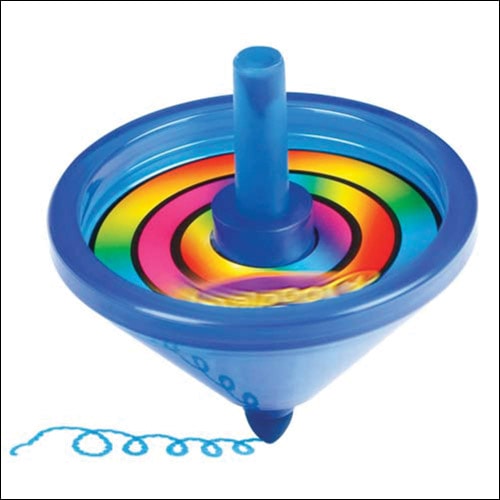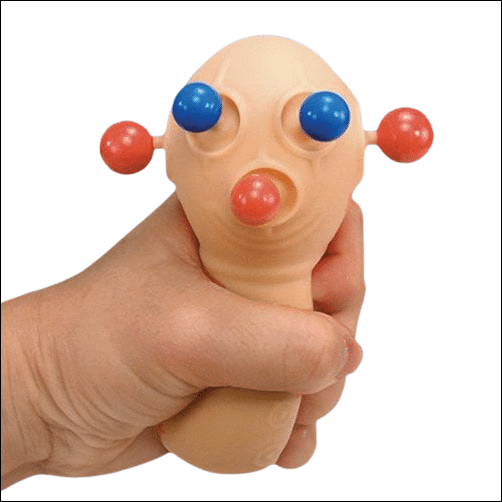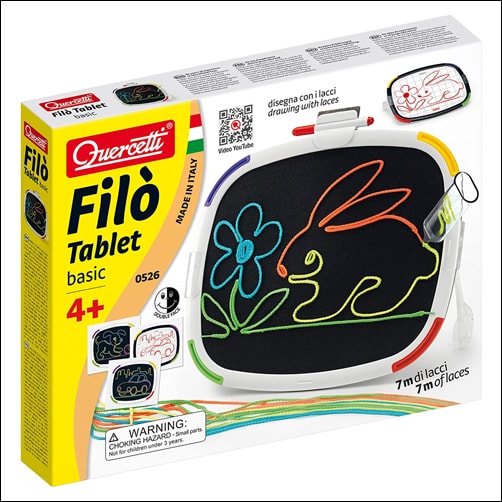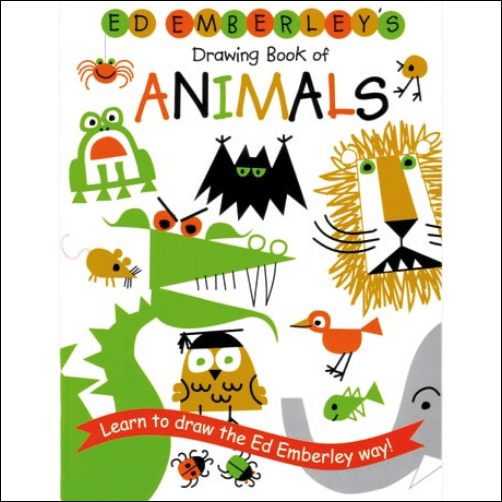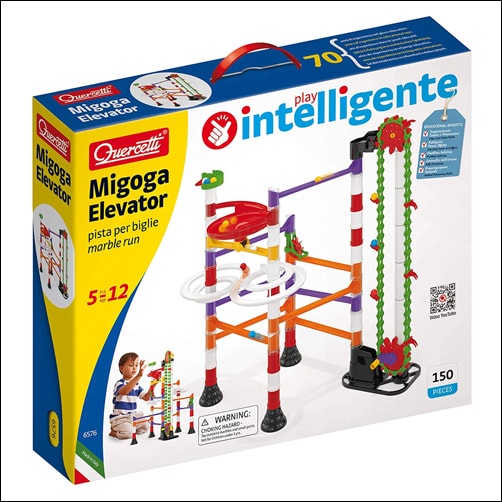Therapro is celebrating its occupational therapy authors and creators during Occupational Therapy Month. Read on to learn more about these great occupational therapists and their creations!
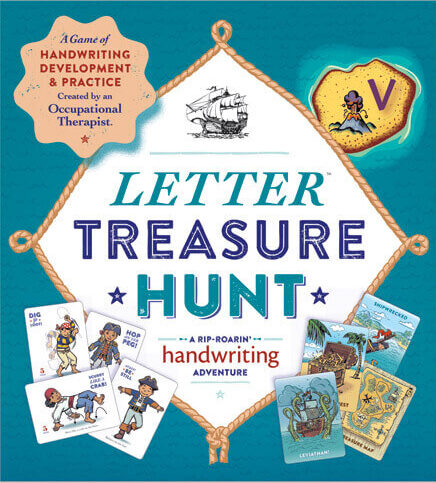
Jenny L. Clark, OTR/L, BCP is the creator of the “Learn to Move” curriculum and Therapro’s Letter Treasure Hunt. Jenny has helped children over the past 25 years as a licensed pediatric occupational therapist working as a speaker, consultant, private practitioner at her own clinic (Jenny’s Kids, Inc.), school-based occupational therapist, independent contractor for early intervention services, author, and inventor. Jenny’s creation, Letter Treasure Hunt, is a fun and engaging game that targets handwriting skills while weaving in fun gross motor activities.
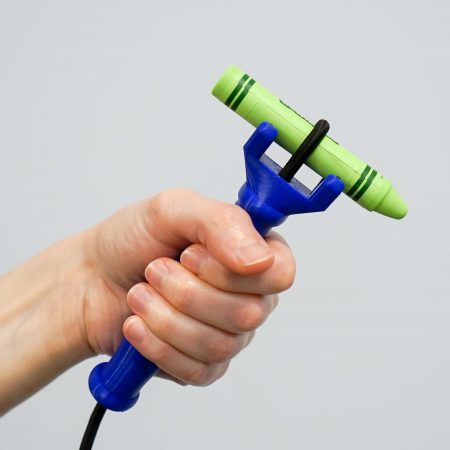
Linda Merry, OTR is the co-creator of the functionalhand. She has many years’ experience and extensive knowledge working with children and adults who have disabilities and teaching on a variety of topics. She is a senior therapists at Easter Seals DuPage & the Fox Valley Region in Villa Park, IL and co-owner of Thera-Solutions which designs programs, coaches’ professionals and develops products for therapists, educators and caregivers. Her creation, the functionalhand is an innovative tool to assist with grasping objects for everyday fun and function!
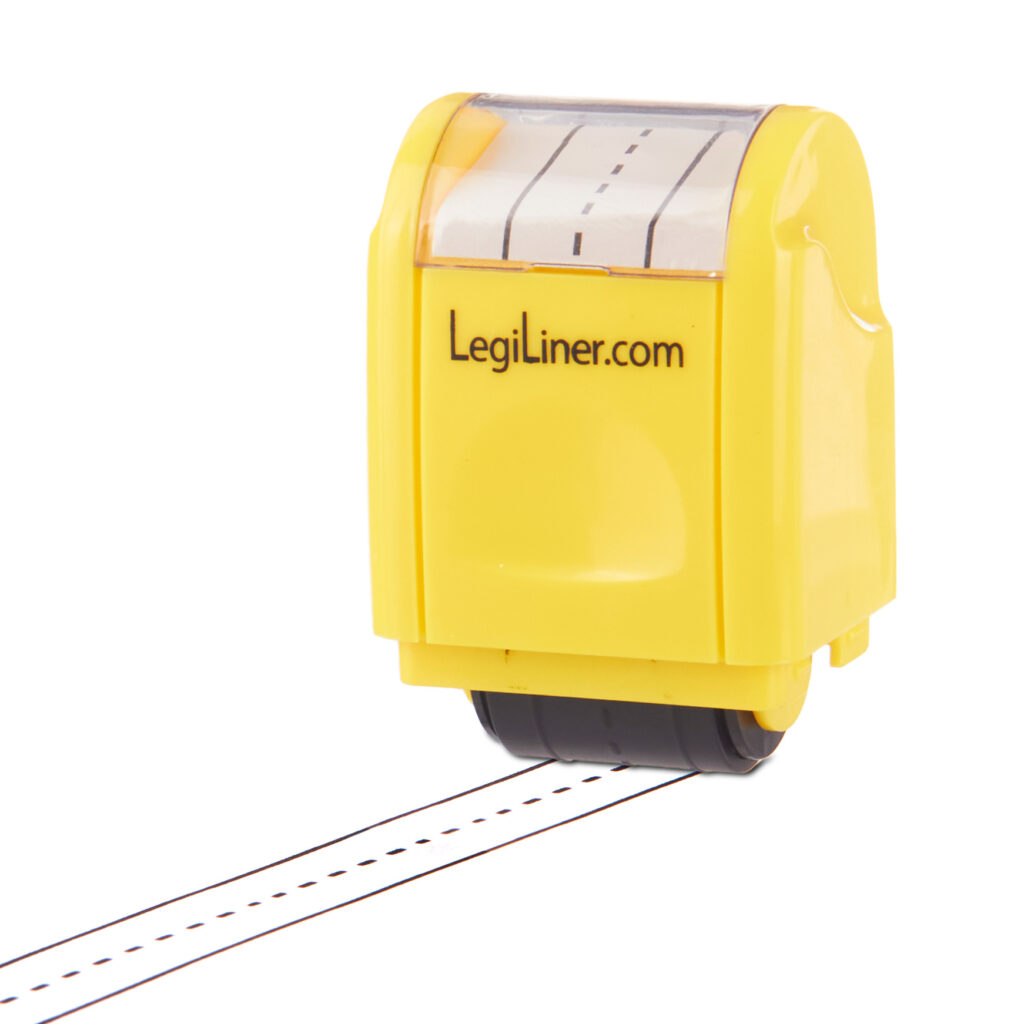
Polly Benson OTR/L is the creator of LegiLiners, “the patent pending, cool little tool to quickly draw handwriting lines”. Polly is a school based occupational therapists with many years experience working with students of all ages. The idea for LegiLiners grew from her love for helping students with functional handwriting. LegiLiners are available in in a variety of styles to help learners of all ages.
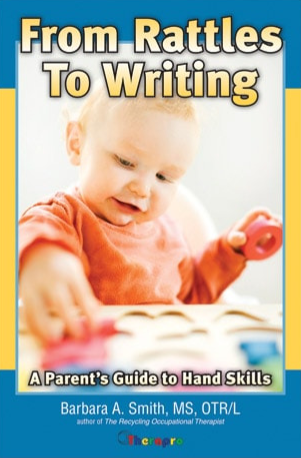
Barbara Smith, MS, OTR/L is the author of From Rattles to Writing: A Parent’s Guide to Hand Skills. Barbara has been an occupational therapist for over 40 years working primarily with children and adults with developmental disabilities. Barbara’s book From Rattles to Writing: A Parent’s Guide to Hand Skills is a groundbreaking guide that describes the songs, games, toys, activities, and adaptations that help children develop the visual-perceptual skills needed to read and the eye-hand coordination to write.
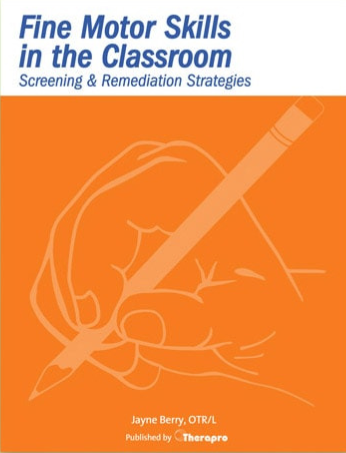
Jayne Berry, OTR/L is the author of Fine Motor Skills in the Classroom and creator of the Therapro Hand Tool Kit. Jane was a pediatric therapist who worked extensively with preschoolers and school aged children. The Therapro Hand Tool Kit contains all your “hand tools” in a convenient kit! Fine Motor Skills in the Classroom is a hand skills program developed as a tool to facilitate consultation in the classroom.
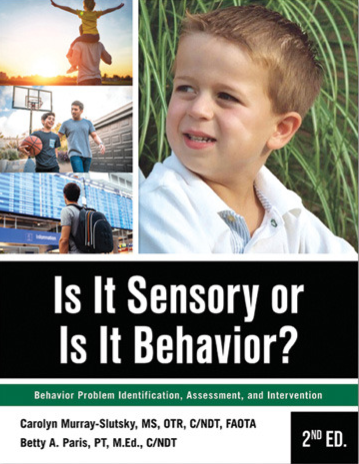
Carolyn Murray-Slutsky, MS OTR, C/NDT, FAOTA has co-authored many publications including: Is it Sensory or is it Behavior? 2nd Edition (2022), Autism Interventions: Exploring the Spectrum of Autism, Developing Visual Motor Integration, and the Sensory Modulation Laminated Card Series. Carolyn is certified in sensory integration (SI) and neurodevelopmental treatment (NDT) for pediatrics, infants, and adults and director of Rehabilitation for Children, Inc, a pediatric private practice. Her latest publication, Is it Sensory or is it Behavior? 2nd Edition (2022) answers many questions about the relationship between sensory and behavior.
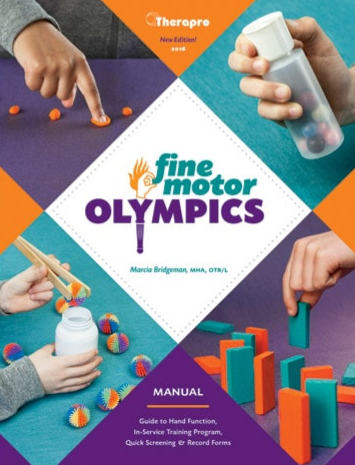
Marcia Bridgeman, MHA, OTR/L is the author of Fine Motor Olympics. Marcia has been a pediatric occupational therapist since 1977, specializing in school based services for students from preschool through 22. Fine Motor Olympics is a program designed for an occupational therapist to provide inclusive and consultative services to teachers, volunteers, parents, and staff.

